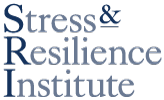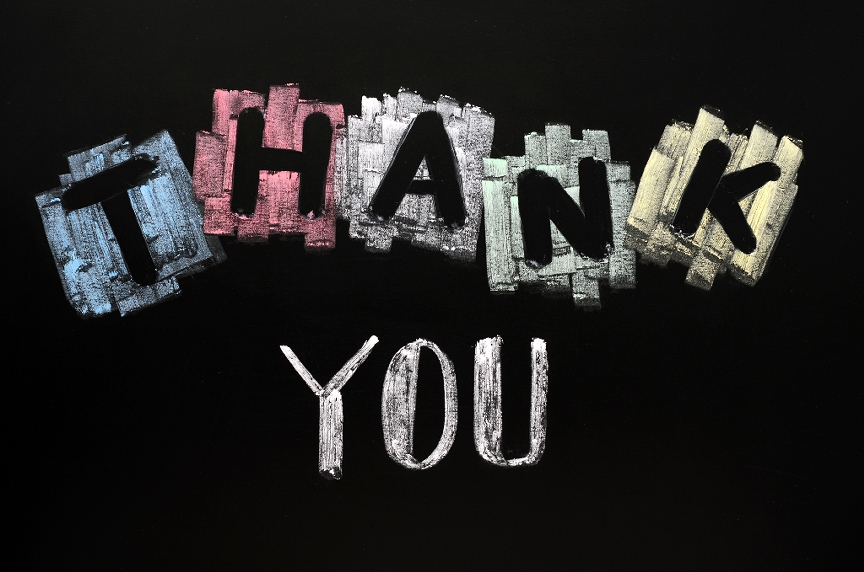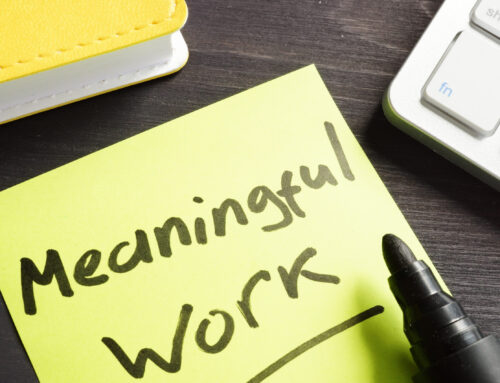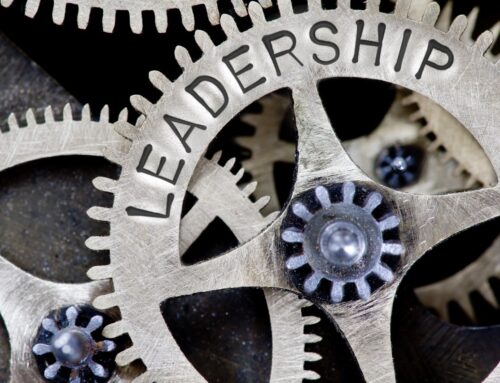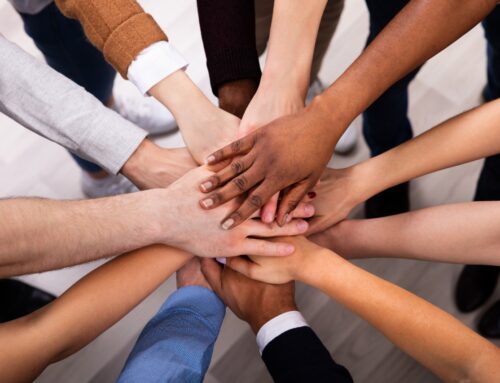Resilient people use positive emotions to both bounce back from and find positive meaning in, stressful events. Once people tap into sources of positive emotion, upward spirals may appear as high-resilient individuals show greater engagement in, and the ability to savor, daily positive events (Ong, et al., 2010).
While positive emotions generally are great for boosting your physical and psychological health, gratitude frequently emerges as a particularly beneficial positive emotion. Gratitude has been shown to reduce physical symptoms like headaches and colds, help people feel better about their lives in general, increase determination, attentiveness, and energy, activate pro-social behavior, and facilitate better sleep quality (Emmons, 2003).
New research shows that having a positive relationship with your clients, customers and patients may play an important role in protecting you from burnout. In a study of nurses, those nurses who perceived a higher level of patient-initiated gratitude reported lower levels of emotional exhaustion (a known driver of burnout) and higher levels of personal efficacy (a known buffer of burnout); in fact, when gratitude was expressed, personal efficacy was rated as significantly higher.
Expressions of gratitude also help people feel socially valued, and the effects of gratitude spill over to others. Studies shows that helpers who received a brief thank you were motivated to assist not only the person who provided the “thanks,” but also other unrelated people. In addition, a manager’s expression of gratitude increased the number of calls made by university fundraisers (Grant & Gino, 2010).
As I mentioned above, a simple thank you helped me feel confident and like I was having an impact. Interestingly, it has been shown that giver burnout has less to do with the amount or quantity of giving and more to do with whether the giver perceives that their giving is having an impact (Grant, 2013).
So I challenge all of you to say a simple “thank you” the next time you visit the doctor, your lawyer, your kid’s teacher, or the person who cleans your office. A little thanks really does go a long way.
Paula Davis, JD, MAPP, is the founder and CEO of the Davis Laack Stress & Resilience Institute, a practice devoted to helping (1) busy professionals build stress resilience and prevent burnout and (2) organizations thrive. For more strategies and tips to thrive under stress, click here for a free copy of Paula’s e-book, Addicted to Busy: Your Blueprint for Burnout Prevention.
References
Emmons, R.A. (2003). Acts of gratitude in organizations. In Positive Organizational Scholarship, Kim S. Cameron, Jane E. Dutton, & Robert E. Quinn (Eds.) (pp. 81-93). San Francisco, CA: Berrett-Koehler Publishers. See also Cameron, K. (2008). Positive Leadership. San Francisco, CA: Berrett-Koehler Publishers.
Grant, A. (2013). Give and Take. New York: Viking.
Grant, A.M., & Gino, F. (2010). A little thanks goes a long way: Explaining why gratitude expressions motivate prosocial behavior. Journal of Personality and Social Psychology, 98(6), 946-955.
Ong, A.D., Bergeman, C.S., & Chow, S.M. (2010). Positive emotions as a basic building block of resilience in adulthood. In Handbook of Adult Resilience, John W. Reich, Alex J. Zautra, & John Stuart Hall (Eds.) (pp. 81-93).]]>
